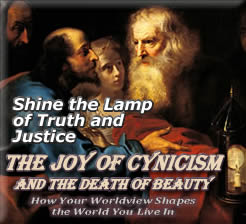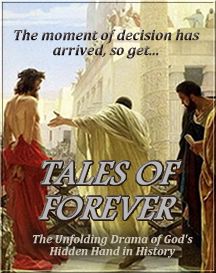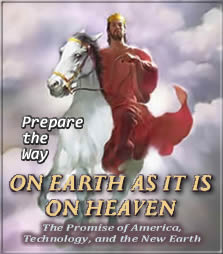History Under Construction
The Story of the First Timeline
Ever since the first attempts by Isaac Newton, in the late 17th century, to create a timeline, which correlated world events, the ongoing saga of Western civilization has been a subject of much speculation.
Is there any real meaning to be found through a study of history? Can examining historical processes reveal anything more than random data?
Take a minute to consider just some of the ironies of history which remind us how much we can discover from such a study.
In today’s world, the word century is synonymous with time. We are all aware that a century spans one-hundred years, of course. But before the 1700s, the word referred primarily to objects, that is, anything in groups of one-hundred. Prior to that, it was rarely used in relation to the concept of time.1
Why? Because back then, the idea of history was very different than it is today, and as a result, so was the concept of time. Until then, the notion of history was still a scattered, fragmented affair. It was not until the time of Isaac Newton that anyone began to weave the threads of history into a coherent narrative.2
As his fame grew, Newton, the brilliant, mercurial scientist and mathematician, devoted more and more of himself to the pursuit of spiritual realities.3
Story Continues Below
To watch author and historian W. Kent Smith discuss the contents of his book On Earth as It is On Heaven, at the Sacred Word Revealed Conference ’23, hosted by Zen Garcia, CLICK BELOW.
Story Continues From Above
During a lifetime of research, he became convinced that the limits of human cognition were such that reason alone could not encompass all that could be known. Because of this, he spent endless hours studying The Bible and the prophecies contained in it. 4
He wrote extensive treatises on these subjects, hoping to apply his sophisticated techniques of astronomical dating to confirm the literal truth of events related in The Bible.5
According to Daniel J. Boorstin in The Discoverers, “it was this effort of Newton’s—to coordinate planet-wide events—that provided the foundation for the world’s first, practical chronology of human history.”6
And so, people began to think of history in a completely new way. Now they could imagine their own past as a sequence of events, divided into centuries, which was moving forward through time. History was no longer seen as scattered and random. It was going somewhere, and, for the first time, we began to feel like we were a part of that process, too.7






